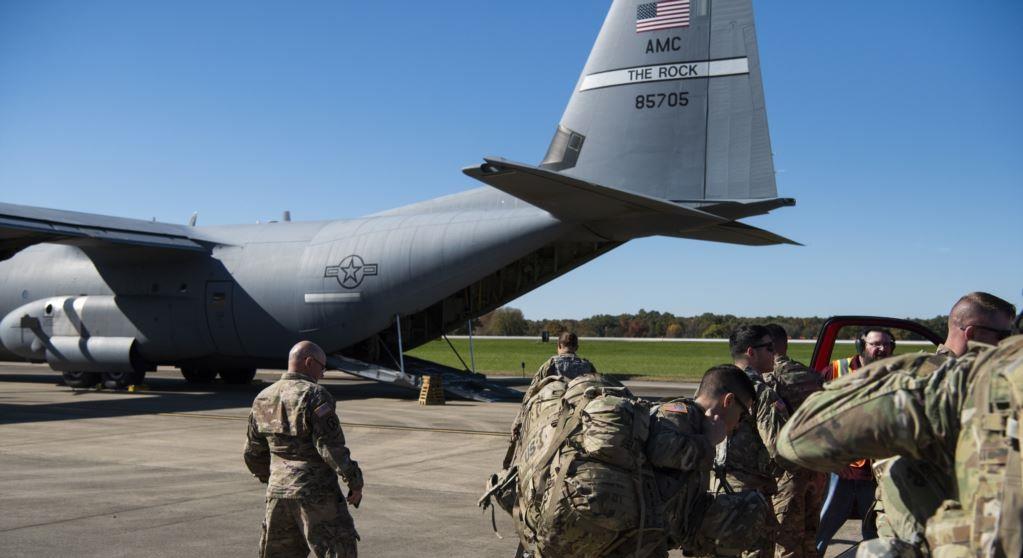WASHINGTON, Oct. 31 (Xinhua) -- U.S. President Donald Trump said Wednesday that up to 15,000 military personnel could be sent to the southern border with Mexico to help defend against a caravan of Central American migrants.
Speaking to reporters at the White House, Trump said the number of troops to be deployed at the border "will go up to anywhere between 10 and 15,000 military personnel."
The comments followed a Pentagon announcement earlier this week that about 5,200 troops would be sent to the U.S.-Mexico border to support law enforcement activities and help stop what the president called an "invasion" by Central American migrants.
Currently, there are 2,100 members of the National Guard helping at the border.
"We're going to be prepared," Trump said. "They're not coming into our country."
He also promised to end so-called "catch and release" practices by building "tent cities" to house those who cross the border illegally.
The caravan is still nearly 1,600 kilometers from the border.
Trump is doubling down his hardline stance on immigration, an issue he's trying to place center and front in the upcoming November midterm elections, which could see Democrats seizing control of at least part of the Republican-held Congress.
The president denied that he was "fear-mongering" with repeated warnings against the caravan or using the issue for political purposes, while admitting the subject is "very important" as he slammed Democrats for their stance on immigration.
According to an interview with Axios, released in part on Tuesday, Trump revealed that he plans to end the right to citizenship for babies of non-citizens and unauthorized immigrants, born in the United States.
"A person comes in, was never in our country before, has a baby, and now all of a sudden the baby is a United States citizen," Trump told reporters Wednesday. "Through chain migration and other things, many other people come in through the baby."
"It's ridiculous," he added.
Birthright citizenship in the country is enshrined in the 14th Amendment to the Constitution, which allows for "all persons born or naturalized in the United States, and subject to the jurisdiction thereof, are citizens of the United States and of the State wherein they reside."
Trump insisted that he could and would end birthright citizenship with an executive order, though many, including some Republicans, were questioning his legal grounds.
